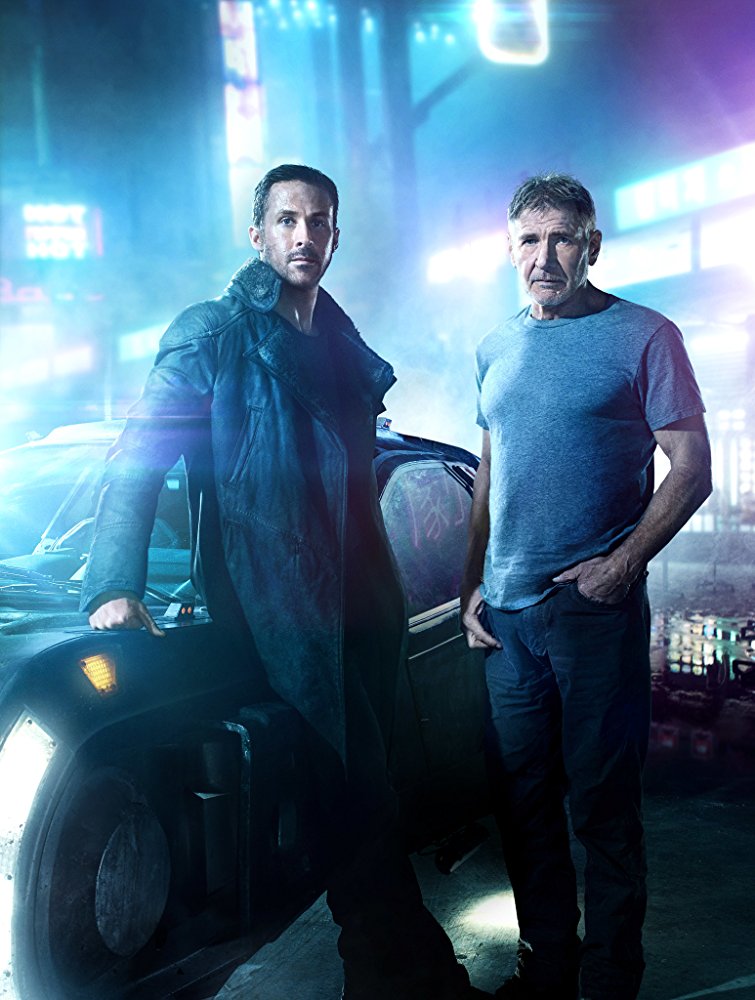Blade Runner is a deeply unsettling 1982 sci-fi movie masquerading as a blockbuster action-mystery movie. Every shot, every sound, every idea is built to shake you from what you thought coming in, in the hope that you feel something new on the way out. Set in the grimy, dark streets of 2019 Los Angeles, every frame is filled with either pitch black, or eye-stabbing neon. The soundtrack, composed by Vangelis (the creator of the Chariots of Fire soundtrack), is composed almost entirely of driving synthesizers. The main “mystery” of Blade Runner is “what does it mean to be human?” These key aspects drove the movie at a careful pace, treating the heavy subject matter with respect as it cycles through night and neon, enveloped by droning synths.
Blade Runner 2049 does not stand in isolation; it builds from the foundation given by the first movie, without being derivative or formulaic. 2049 introduces entirely new questions building from the world of the films without answering any of Blade Runner’s original questions. One of the first “mysteries” presented by 2049 is “to be born is to have a soul.” This idea doesn’t fight or derail the original conversation created by its forerunner, but it asks it in tandem. Whenever it approaches a conclusion, the film subverts expectations; it doesn’t patronize the viewer with answers, since questions are much more profound. This gives 2049 the same signature creeping pace of the original. It’s brave enough to rely on its own thoughts without cannibalizing its predecessor.
The cinematography of Blade Runner 2049 is filled with contrast. While Blade Runner’s gaze never strayed outside of the dark, rainy city, 2049 brings new color to each setting: grey farmland, an orange desert, white snow. While these settings are largely monochromatic within themselves, when weaved together these scenes have immense visual diversity. The film is not afraid to let scenery speak for itself and invites the world of the film into the narrative. Likewise, Hans Zimmer reimagines Vangelis’ synth melodies, and adds his signature creeping strings and pulsing bass. Even on its own, the soundtrack dually inspires feelings of wonder and of tension.
The pacing, cinematography, and soundtrack are just as crucial as they were in Blade Runner.
It is not a summer action movie, though it is filled with action, it is not a blockbuster, despite its multimillion dollar budget. One of the goals of Blade Runner 2049 is to unsettle, and every part of the movie looks to achieve this. The film sets out to shake past beliefs, and drives home the most foundational questions.

